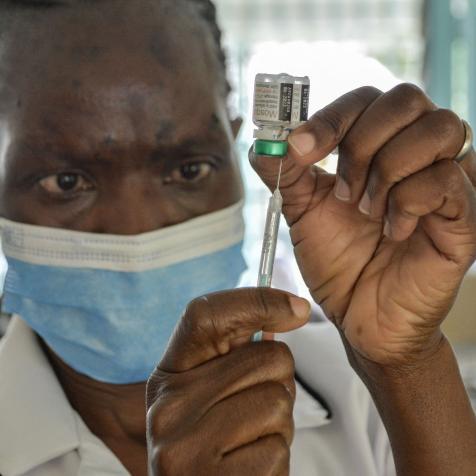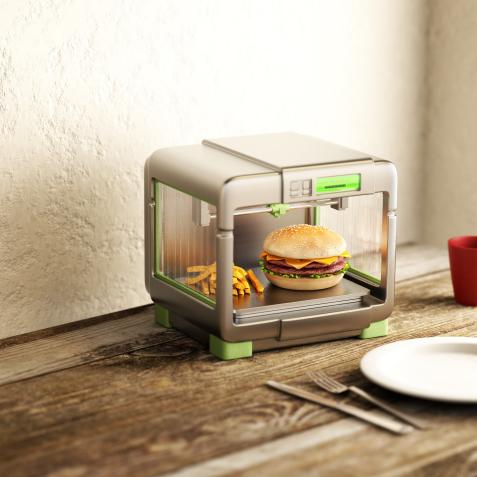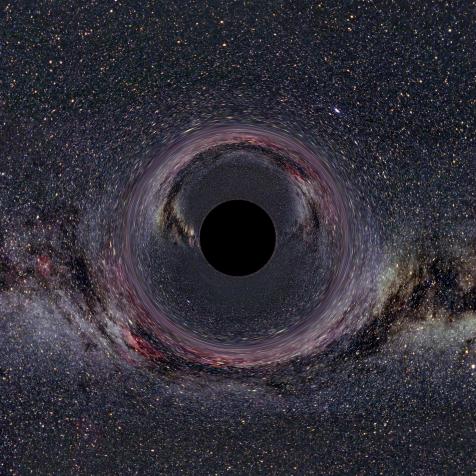
Getty Images
Food Coma? Here's Why You Get Sleepy After You Eat
You can reduce the need for nodding off after dinner with a few simple steps.
"I can't believe I ate the whole thing!" That's how it starts. How it ends: a nap on the couch, or at least a very unproductive afternoon. In everyday language, it's known as a food coma, carb coma, or the itis. In scientific terms, it's called postprandial somnolence ("postprandial" means after a meal, "somnolence" means drowsiness). But why does it happen?
Dig In
To understand the answer, it's important to know what happens in your digestive system when you eat. While you're chewing, your stomach produces the hormone gastrin, which triggers the production of the digestive juices that begin to break down your food. That broken-down food then moves into the small intestine as the gut releases the blood-flow regulating hormone enterogastrone. Meanwhile, your pancreas releases insulin to help your stomach absorb glucose from the carbohydrates in the meal. At the same time, insulin sends a variety of amino acids into the brain, including the infamous sleepy chemical known as tryptophan.
You might notice that food comas don't happen after every meal — just the indulgent ones. There are a few reasons for this: a meal high in carbohydrates triggers a larger spike in insulin, which makes more tryptophan enter your brain. When that happens, the tryptophan first turns into serotonin, which makes you feel good, and then into melatonin, which makes you feel drowsy. Glucose from the carbs also may block brain cells called orexin neurons, which are responsible for keeping you awake and alert.
Separating Meal Myth from Feast Fact
It should be mentioned, however, that when you combine tryptophan with all the other amino acids, hormones, and macronutrients you get in a meal, it doesn't have much of an effect. Stop blaming the Thanksgiving turkey! It has less tryptophan than chicken, anyway. Plus, high-protein meals don't have the same sleepy effect, since protein tends to promote the release of more stimulating amino acids.
Food comas are sometimes unavoidable — nobody wants to watch their diet during a holiday feast — but if you want to reduce your chances of nodding off after dinner, there are a few ways to do so. Watch your portions and eat slowly so your body's hormones have time to balance out. Also, make sure you're eating a balanced meal without too much starch or fat and with enough veggies and vitamins. If you really want to stay alert, here are a few snack suggestions:
- Oatmeal: Yes, it's carbs — that's where moderation comes in. But oatmeal also has the benefit of being slow-burning. Instead of rushing through the peak and crash, it'll keep you rolling all morning long.
- Beans: A cup of beans is packed with protein, and will leave you feeling full and satisfied. Better yet, it will stabilize your blood sugar levels so you can keep up a steady pace all day.
- Almonds: These nutrient-rich nuts contain both Vitamin B and magnesium — the latter of which has been linked to an improved metabolism while exercising.
- Eggs: Also full of protein, eggs give you a jumpstart in the morning with heart-healthy monounsaturated and polyunsaturated fatty acids. But you might want to skip the bacon if you need to stay alert.
This article first appeared on Curiosity.com.


















